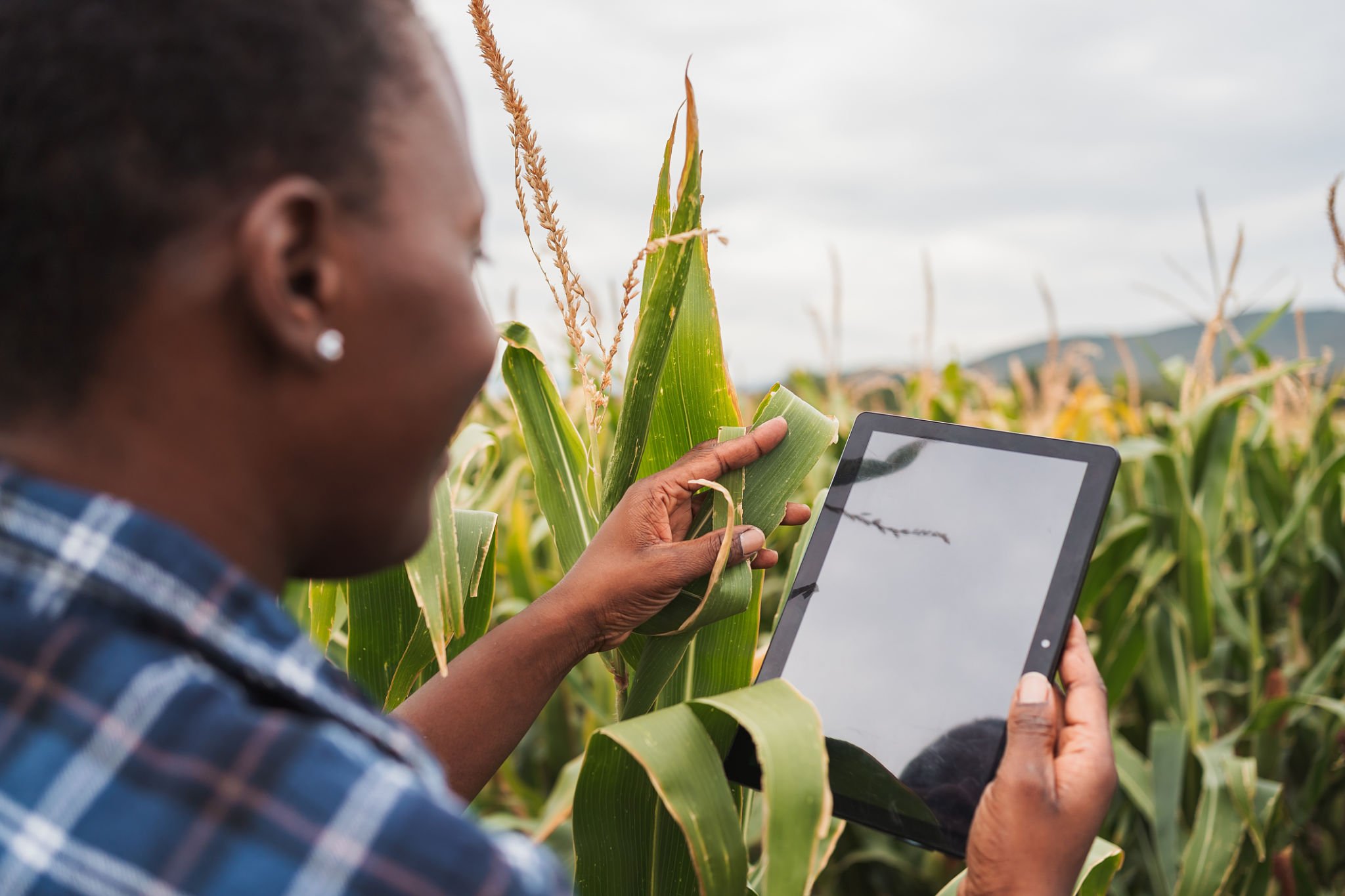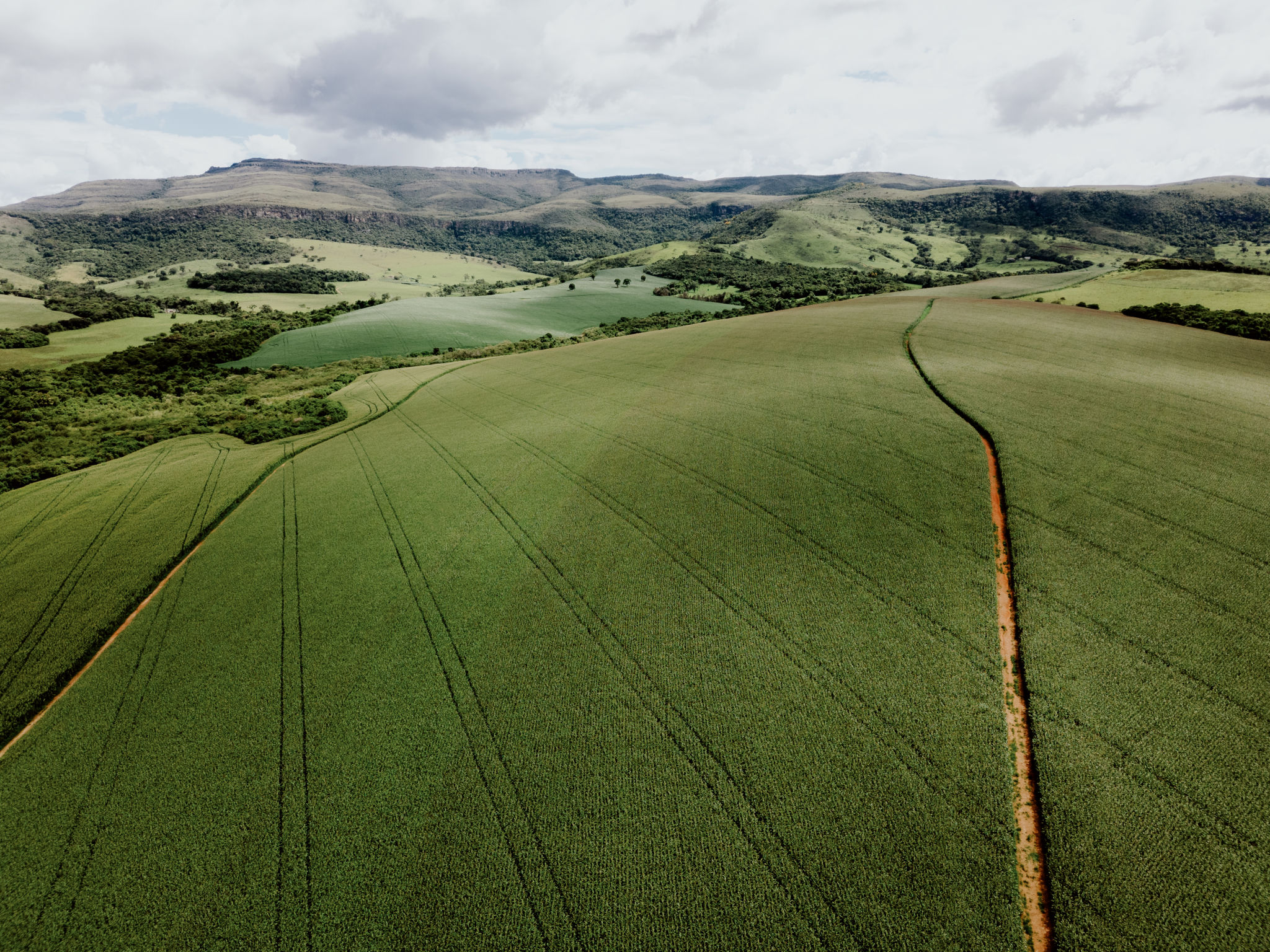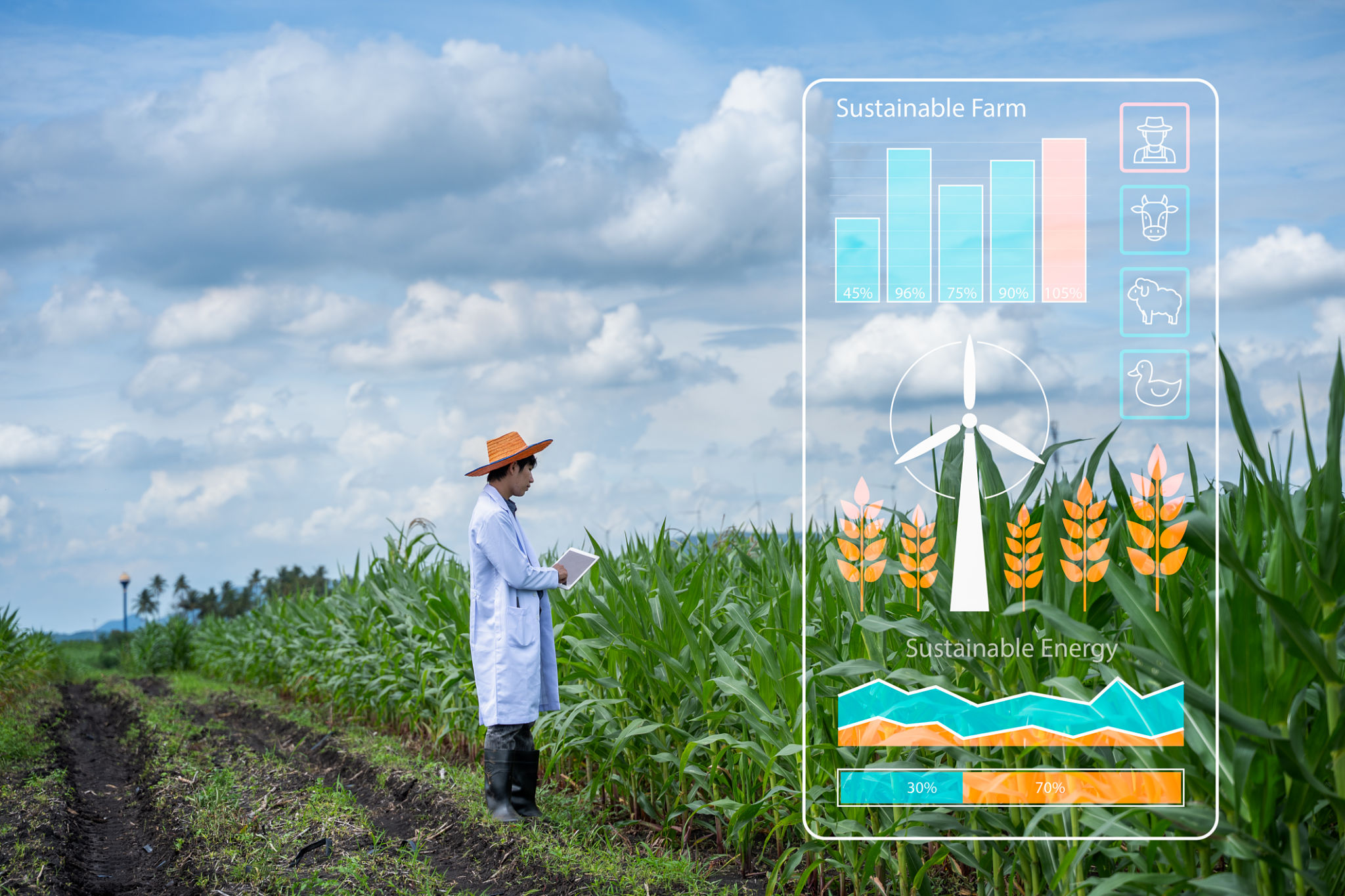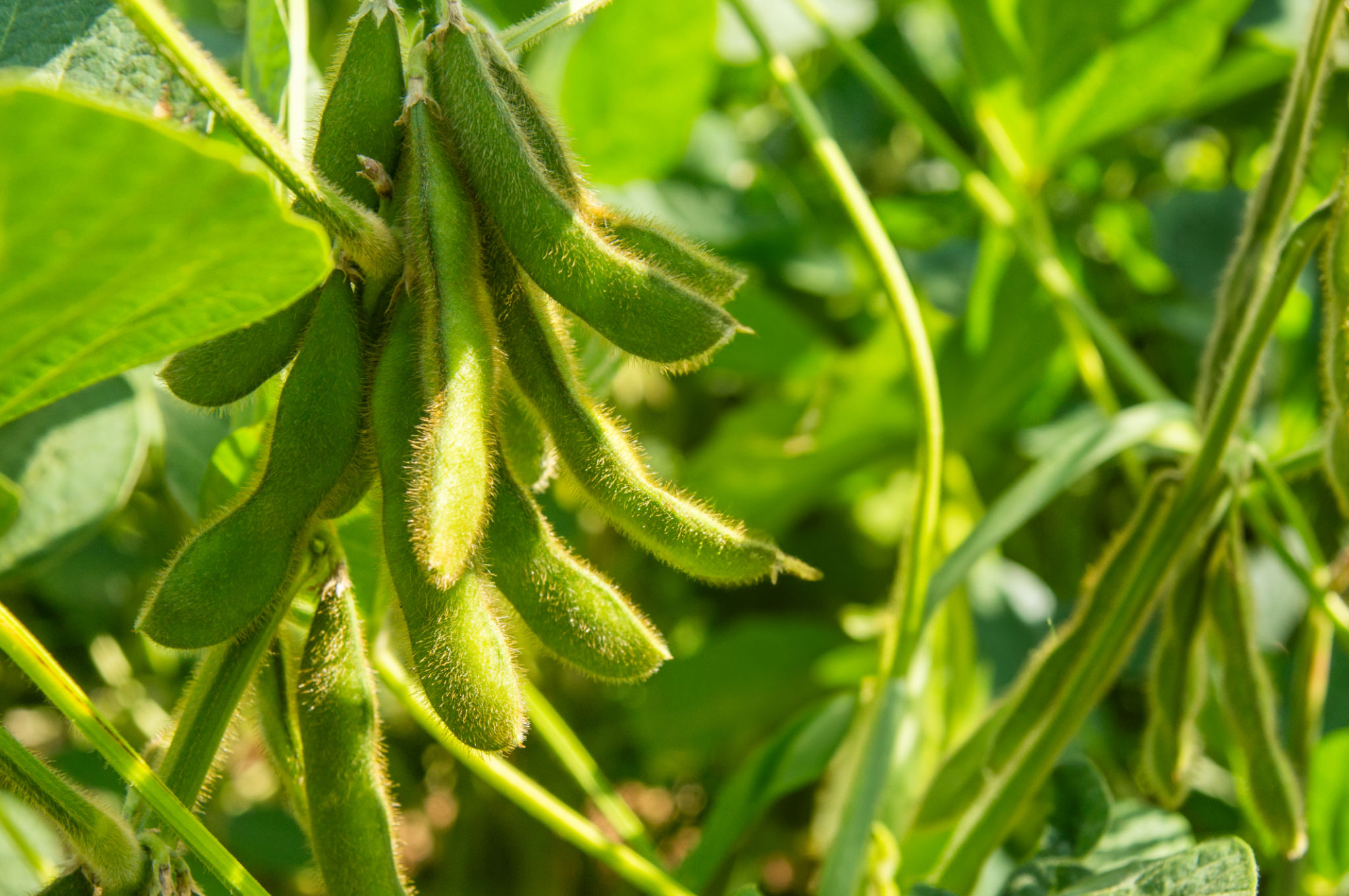A Comprehensive Guide to Precision Agriculture Technology
Introduction to Precision Agriculture Technology
Precision agriculture technology is revolutionizing the farming industry by enabling farmers to enhance productivity and sustainability. Through the use of advanced tools and data analytics, precision agriculture allows for more efficient resource management and decision-making.
In this guide, we'll explore the various components and benefits of precision agriculture technology, providing insights into how it can transform farming practices.

Key Components of Precision Agriculture
GPS and GIS Technologies
Global Positioning System (GPS) and Geographic Information Systems (GIS) are fundamental to precision agriculture. They provide accurate location data, helping farmers map fields and track the movement of equipment. This precision enables targeted interventions and resource application.
Remote Sensing
Remote sensing technology involves the use of drones and satellites to capture images and data from fields. This information helps in monitoring crop health, soil conditions, and water usage, allowing farmers to make informed decisions on crop management.

Data Management and Analysis
Data is at the heart of precision agriculture. Farmers collect vast amounts of information on weather patterns, soil conditions, and crop performance. Advanced data management systems analyze this data to provide actionable insights.
These insights can lead to more effective planting strategies, optimized fertilizer use, and improved pest control measures. By leveraging data analysis, farmers can increase yields and reduce costs.

Benefits of Precision Agriculture
Increased Efficiency
Precision agriculture technology allows for the precise application of water, fertilizers, and pesticides, reducing waste and enhancing efficiency. This targeted approach not only conserves resources but also minimizes environmental impact.
Enhanced Crop Yields
By closely monitoring crops and conditions, farmers can respond quickly to any issues, leading to healthier crops and higher yields. This proactive management ensures that resources are used where they're needed most.

Challenges and Considerations
While precision agriculture offers numerous advantages, it also presents challenges. The initial investment in technology can be significant, and there is a learning curve associated with implementing new tools and systems.
Farmers must also consider data privacy and security. Ensuring that sensitive information is protected is crucial in maintaining trust and compliance with regulations.
Future of Precision Agriculture
The future of precision agriculture looks promising, with ongoing advancements in technology and data analytics. Innovations such as artificial intelligence and machine learning are expected to further enhance the capabilities of precision farming.
As technology continues to evolve, precision agriculture will likely play a key role in meeting the global demand for food while promoting sustainable farming practices.